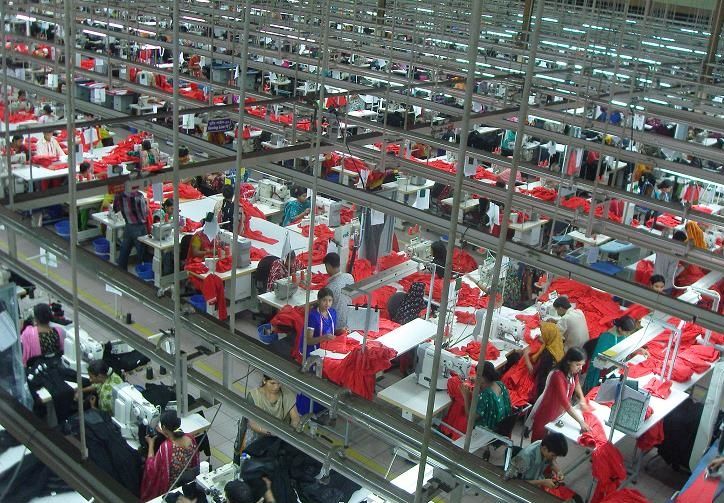The development minister, Ulla Tørnæs, has earmarked 7.5 million kroner to continue assisting the government in Bangladesh to focus on improving equality and working conditions in the country’s massive textile industry.
The ongoing co-operation also contributes to ushering in more sustainable growth in an industry that accounts for over 80 percent of the country’s exports.
“The partnership with the Danish labour oversight association Arbejdstilsynet makes perfect sense. It contributes to providing better working conditions for the over 4 million women in the textile industry. Jobs and decent working conditions are important for gender equality,” said Tørnæs.
READ MORE: Danish millions to help Bangladesh tackle climate change issues
Rana Plaza response
The project is aptly, albeit long-windedly perhaps, named ‘Forbedring af arbejdsmiljøet for arbejdstagere i Bangladesh gennem styrkelse af Arbejdstilsynet’ (the improvement of labour conditions for workers in Bangladesh via a strengthening by Arbejdstilsynet)
The project has run for three years so far and has focused on improving conditions in an industry that produces much of the clothing that is sold in Denmark.
Denmark has really stepped up its efforts to improve the conditions in Bangladesh’s textile industry since 2013, when the tragic collapse of the Rana Plaza clothing factory killed more than 1,100 people and revealed the horrid conditions of textile workers in developing countries.















